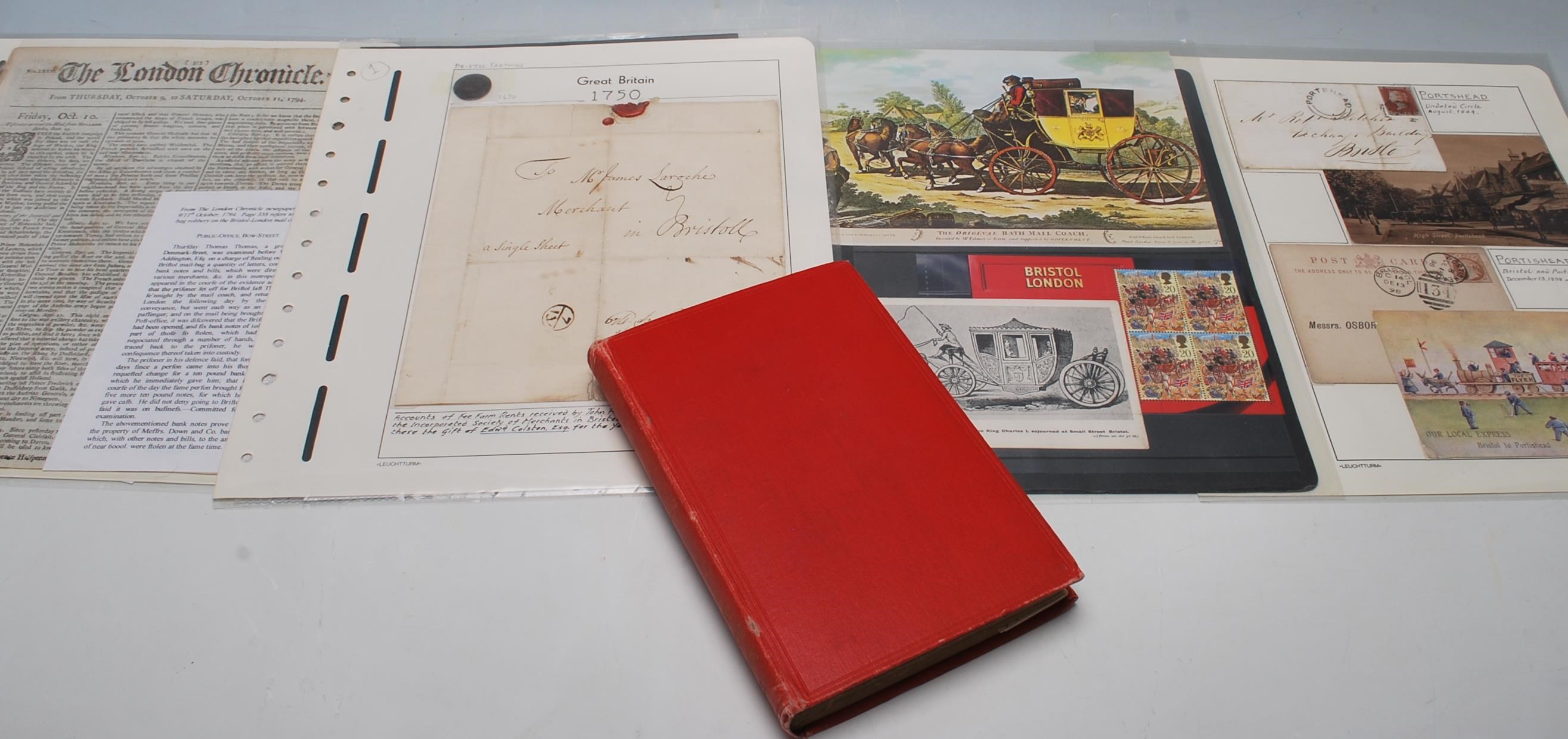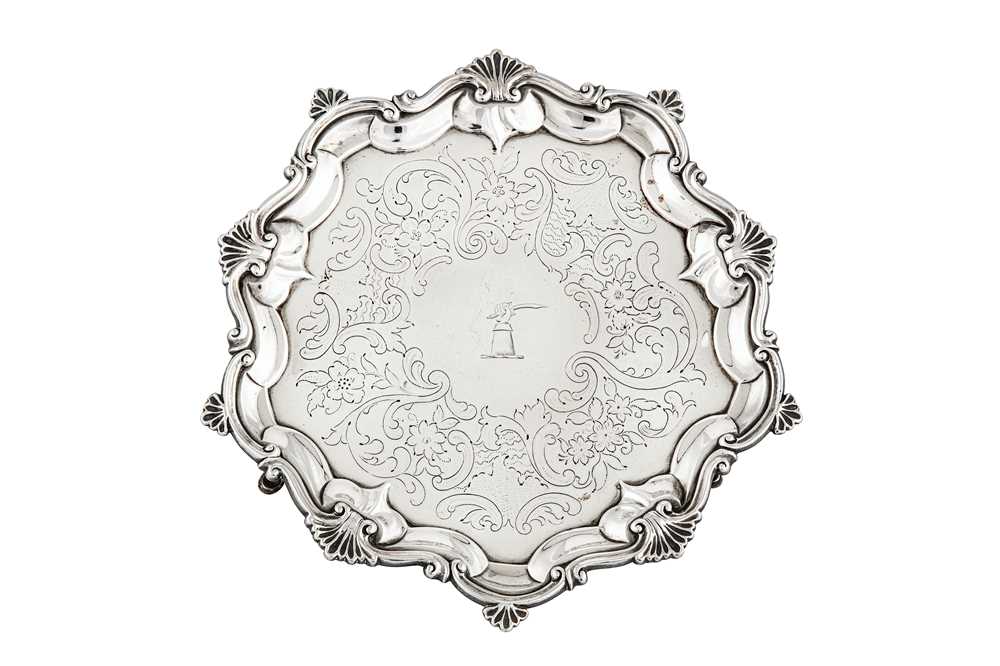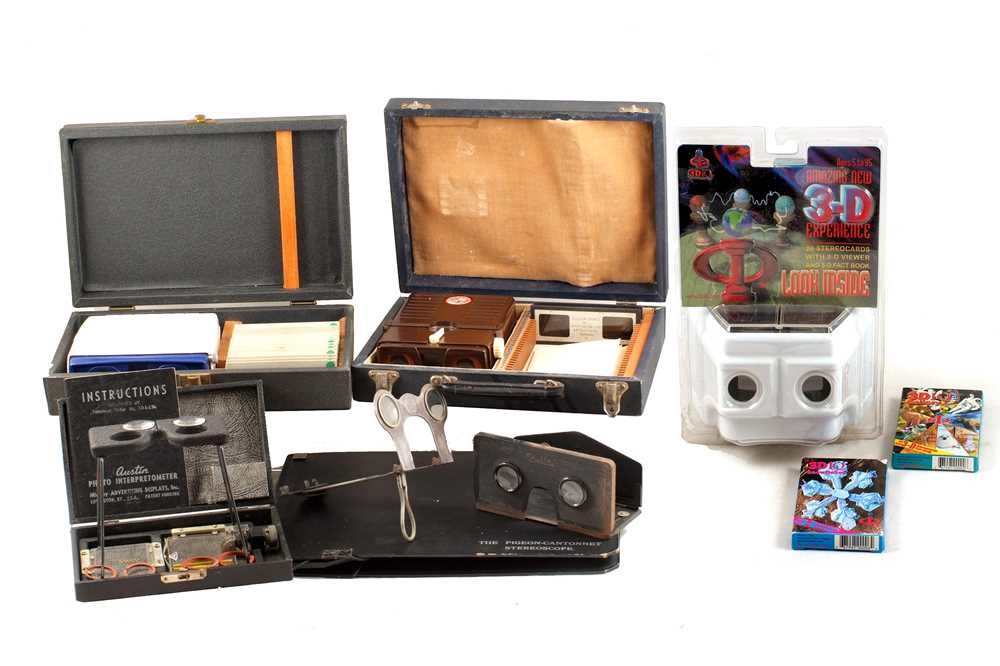An interesting C.I.E., O.B.E. group of seven awarded to Captain H. V. Briscoe, Royal Navy, a veteran of the battle of Jutland who established the secret naval base at Addu Atoll in 1941 to combat the Japanese threat in the Indian Ocean The Order of the Indian Empire, C.I.E., 3rd type neck badge, gold and enamels, in case of issue; The Order of the British Empire (Military) O.B.E., 2nd type; 1914-15 Star (Mid., R.N.); British War and Victory Medals (Lieut., R.N.); Defence & War Medals, the last six mounted as worn, together with companion group of miniatures, the first extremely fine, otherwise good very fine (14) £1000-1200 Footnote C.I.E. London Gazette 5 July 1945: ‘For distinguished service and fine leadership as Naval officer-in-charge of an important advanced base in the Indian Ocean.’ O.B.E. London Gazette 2 June 1943. Henry Villiers Briscoe was born at Bermuda on 9 November 1896. After attending the Royal Naval Colleges at Dartmouth and Osborne, he entered the Royal Navy as a Midshipman. In this rank he served aboard H.M.S. King Edward VII from May 1914 until she was sunk by a mine off Cape Wrath on 16 January 1916. After brief service aboard H.M.S. Africa, he joined the Royal Oak in April 1916 and served aboard this ship at the battle of Jutland. In January 1917 he was posted to H.M.S. Dolphin for submarine duties, and served as Sub-Lieutenant of H.M. Submarine C 30 from February 1917. He joined H.M. Submarine E 42 in June 1918 and served on that boat for about a year. He retired from the Navy in 1925 and joined the Colonial Service, becoming a ship’s pilot at Dar-es-Salaam, and later Port Captain at Mauritius from August 1939. At his own request, he was recalled to the Royal Navy in June 1940, borne in H.M.S. Lanka, Ceylon. As the Japanese threat grew, it soon became obvious that our regular naval bases in Ceylon might become indefensible if Japan entered the war. Accordingly, in August 1941, Briscoe was instructed to establish a secret naval base at Addu Atoll, at the southern tip of the Maldive Islands, 600 miles south west of Colombo, and appointed Naval Officer-in-Charge. The Japanese entered the war in December 1941 and by Easter 1942, with the upper hand ashore in Malaya and Burma, they were able to put a strong naval force into the Bay of Bengal. After the sinking of the Hermes, Dorsetshire and Cornwall, and the bombing of our naval bases at Colombo and Trincomalee, Admiral Sir James Somerville was left only with Addu Atoll for the servicing of his Eastern Fleet. But even Addu Atoll was for a time too exposed and Somerville took his five Great War battleships off to Mombassa. This was a time of extreme peril for Briscoe and his people at Addu Atoll; nothing could have saved them if the base had been found. Fortunately, although the Japs came quite close, they never suspected the existence of the base and eventually their heavy ships withdrew from Ceylon waters. The threat, though, still remained and had to be guarded against. When the Eastern Fleet returned, it was their job to protect the vital network of communications along which, in 1942-43, passed the bulk of troops and war material from the U.K., the U.S.A., South Africa, India, Australia and New Zealand, to the fighting fronts in North Africa, the Middle East, and, via the Persian Gulf, Russia. Thus, it was as vital to keep open the Indian Ocean sea routes as it was those of the Atlantic. The importance of Briscoe’s work in the Indian Ocean was recognized by the award of the O.B.E. in 1943, and the C.I.E. in 1945, the latter being a very rare award to the Royal Navy. Captain Briscoe retired from the Royal Navy in 1945, and was Harbour Master of Port-of-Spain, Trinidad, until October 1946. He was subsequently Marine Superintendent with the Gold Coast Railway and Harbour Administration until his retirement in 1950. He died on the Isle of Wight on 22 October 1983. The medals are accompanied by a considerable amount of original documentation, including warra
An interesting C.I.E., O.B.E. group of seven awarded to Captain H. V. Briscoe, Royal Navy, a veteran of the battle of Jutland who established the secret naval base at Addu Atoll in 1941 to combat the Japanese threat in the Indian Ocean The Order of the Indian Empire, C.I.E., 3rd type neck badge, gold and enamels, in case of issue; The Order of the British Empire (Military) O.B.E., 2nd type; 1914-15 Star (Mid., R.N.); British War and Victory Medals (Lieut., R.N.); Defence & War Medals, the last six mounted as worn, together with companion group of miniatures, the first extremely fine, otherwise good very fine (14) £1000-1200 Footnote C.I.E. London Gazette 5 July 1945: ‘For distinguished service and fine leadership as Naval officer-in-charge of an important advanced base in the Indian Ocean.’ O.B.E. London Gazette 2 June 1943. Henry Villiers Briscoe was born at Bermuda on 9 November 1896. After attending the Royal Naval Colleges at Dartmouth and Osborne, he entered the Royal Navy as a Midshipman. In this rank he served aboard H.M.S. King Edward VII from May 1914 until she was sunk by a mine off Cape Wrath on 16 January 1916. After brief service aboard H.M.S. Africa, he joined the Royal Oak in April 1916 and served aboard this ship at the battle of Jutland. In January 1917 he was posted to H.M.S. Dolphin for submarine duties, and served as Sub-Lieutenant of H.M. Submarine C 30 from February 1917. He joined H.M. Submarine E 42 in June 1918 and served on that boat for about a year. He retired from the Navy in 1925 and joined the Colonial Service, becoming a ship’s pilot at Dar-es-Salaam, and later Port Captain at Mauritius from August 1939. At his own request, he was recalled to the Royal Navy in June 1940, borne in H.M.S. Lanka, Ceylon. As the Japanese threat grew, it soon became obvious that our regular naval bases in Ceylon might become indefensible if Japan entered the war. Accordingly, in August 1941, Briscoe was instructed to establish a secret naval base at Addu Atoll, at the southern tip of the Maldive Islands, 600 miles south west of Colombo, and appointed Naval Officer-in-Charge. The Japanese entered the war in December 1941 and by Easter 1942, with the upper hand ashore in Malaya and Burma, they were able to put a strong naval force into the Bay of Bengal. After the sinking of the Hermes, Dorsetshire and Cornwall, and the bombing of our naval bases at Colombo and Trincomalee, Admiral Sir James Somerville was left only with Addu Atoll for the servicing of his Eastern Fleet. But even Addu Atoll was for a time too exposed and Somerville took his five Great War battleships off to Mombassa. This was a time of extreme peril for Briscoe and his people at Addu Atoll; nothing could have saved them if the base had been found. Fortunately, although the Japs came quite close, they never suspected the existence of the base and eventually their heavy ships withdrew from Ceylon waters. The threat, though, still remained and had to be guarded against. When the Eastern Fleet returned, it was their job to protect the vital network of communications along which, in 1942-43, passed the bulk of troops and war material from the U.K., the U.S.A., South Africa, India, Australia and New Zealand, to the fighting fronts in North Africa, the Middle East, and, via the Persian Gulf, Russia. Thus, it was as vital to keep open the Indian Ocean sea routes as it was those of the Atlantic. The importance of Briscoe’s work in the Indian Ocean was recognized by the award of the O.B.E. in 1943, and the C.I.E. in 1945, the latter being a very rare award to the Royal Navy. Captain Briscoe retired from the Royal Navy in 1945, and was Harbour Master of Port-of-Spain, Trinidad, until October 1946. He was subsequently Marine Superintendent with the Gold Coast Railway and Harbour Administration until his retirement in 1950. He died on the Isle of Wight on 22 October 1983. The medals are accompanied by a considerable amount of original documentation, including warra















Testen Sie LotSearch und seine Premium-Features 7 Tage - ohne Kosten!
Lassen Sie sich automatisch über neue Objekte in kommenden Auktionen benachrichtigen.
Suchauftrag anlegen